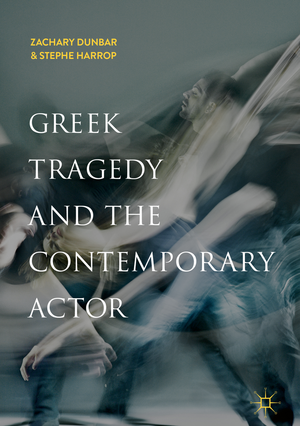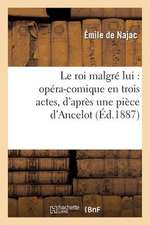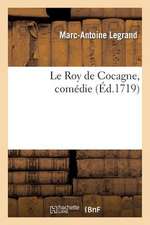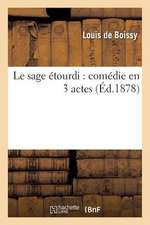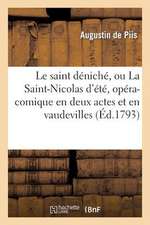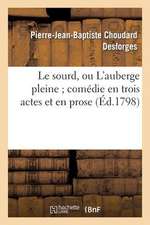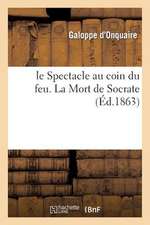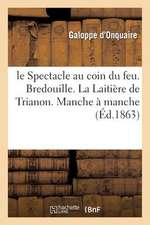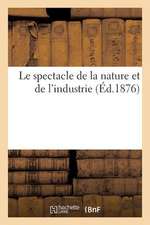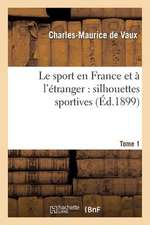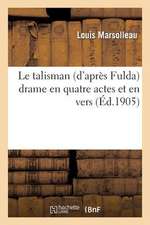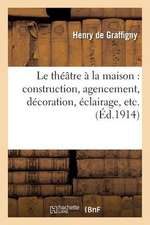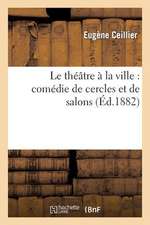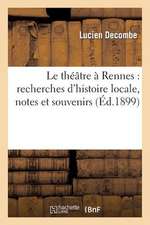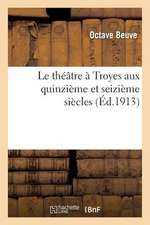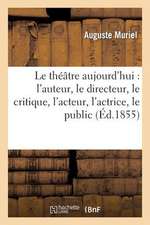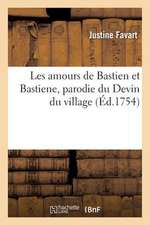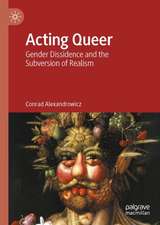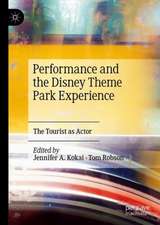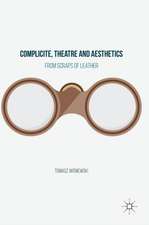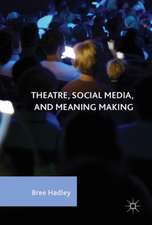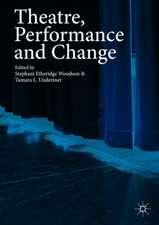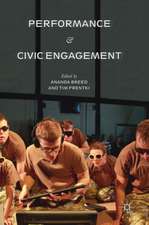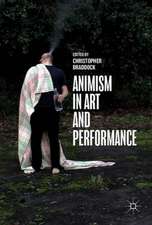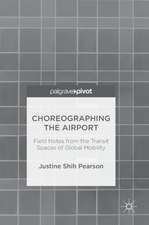Greek Tragedy and the Contemporary Actor
Autor Zachary Dunbar, Stephe Harropen Limba Engleză Hardback – 20 noi 2018
| Toate formatele și edițiile | Preț | Express |
|---|---|---|
| Paperback (1) | 383.12 lei 6-8 săpt. | |
| Springer – 3 dec 2019 | 383.12 lei 6-8 săpt. | |
| Hardback (1) | 500.42 lei 6-8 săpt. | |
| Springer International Publishing – 20 noi 2018 | 500.42 lei 6-8 săpt. |
Preț: 500.42 lei
Preț vechi: 588.72 lei
-15% Nou
Puncte Express: 751
Preț estimativ în valută:
95.77€ • 99.61$ • 79.06£
95.77€ • 99.61$ • 79.06£
Carte tipărită la comandă
Livrare economică 15-29 aprilie
Preluare comenzi: 021 569.72.76
Specificații
ISBN-13: 9783319954707
ISBN-10: 3319954709
Pagini: 249
Ilustrații: IX, 237 p. 1 illus.
Dimensiuni: 148 x 210 mm
Greutate: 0.45 kg
Ediția:1st ed. 2018
Editura: Springer International Publishing
Colecția Palgrave Macmillan
Locul publicării:Cham, Switzerland
ISBN-10: 3319954709
Pagini: 249
Ilustrații: IX, 237 p. 1 illus.
Dimensiuni: 148 x 210 mm
Greutate: 0.45 kg
Ediția:1st ed. 2018
Editura: Springer International Publishing
Colecția Palgrave Macmillan
Locul publicării:Cham, Switzerland
Cuprins
1. Introduction.- 2. The Aristotelian Legacy.- 3. The Stanislavski Legacy.- 4. Acting Sound.- 5. Acting Myth.- 6. Acting Space.- 7. Acting Chorus.- 8. Conclusions.
Recenzii
“Thought-provoking and comprehensive, the book draws on a staggering array of source material, distilling and weaving the knowledge together in a way that is both logical and approachable. ... This volume would be useful for teachers who want their students to forge more intuitive, body-centered relationships with Greek tragedy, directors and vocal coaches interested in sparking their own ingenuity as they stage these plays, and resourceful actors who want to incorporate somatic techniques into character development.” (Karen Kopryanski, Voice and Speech Review, September 10, 2020)
Notă biografică
Zachary Dunbar is Senior Lecturer in Theatre and Performing Arts Graduate Research Convenor at Victorian College of the Arts, University of Melbourne, Australia. He is a concert pianist, freelance director, writer, and composer with several UK and Australian productions. He publishes on music theatre, theatre history, and Stanislavski studies.
Stephe Harrop is Senior Lecturer in Drama (Shakespeare and the Classics) at Liverpool Hope University, UK. Her research focuses on responses to ancient Greek tragedy and epic, the traditional arts in modern theatre-making, and contemporary storytelling practices. She is an associate of the APGRD (University of Oxford), and also works as a performance storyteller.
Textul de pe ultima copertă
This book offers a provocative and groundbreaking re-appraisal of the demands of acting ancient tragedy, informed by cutting-edge scholarship in the fields of actor training, theatre history, and classical reception. Its interdisciplinary reach means that it is uniquely positioned to identify, interrogate, and de-mystify the clichés which cluster around Greek tragedy, giving acting students, teachers, and theatre-makers the chance to access a vital range of current debates, and modelling ways in which an enhanced understanding of this material can serve as the stimulus for new experiments in the studio or rehearsal room. Two theoretical chapters contend that Aristotelian readings of tragedy, especially when combined with elements of Stanislavski’s (early) actor-training practice, can actually prevent actors from interacting productively with ancient plays and practices. The four chapters which follow (Acting Sound, Acting Myth, Acting Space, and Acting Chorus) examine specific challenges in detail, combining historical summaries with a survey of key modern practitioners, and a sequence of practical exercises.
Caracteristici
Winner of the 2020 Rob Jordan Prize Takes a uniquely critical stance towards traditional authority figures (Aristotle and Stanislavsky) in relation to the teaching and practice of Greek tragedy Addresses contemporary theatre/acting students and theatre-makers, focuses on their priorities and needs, and asks how past practices can inspire innovative new approaches Combines theatre history and contemporary theory with practical prompts for studio and rehearsal-room exercises
